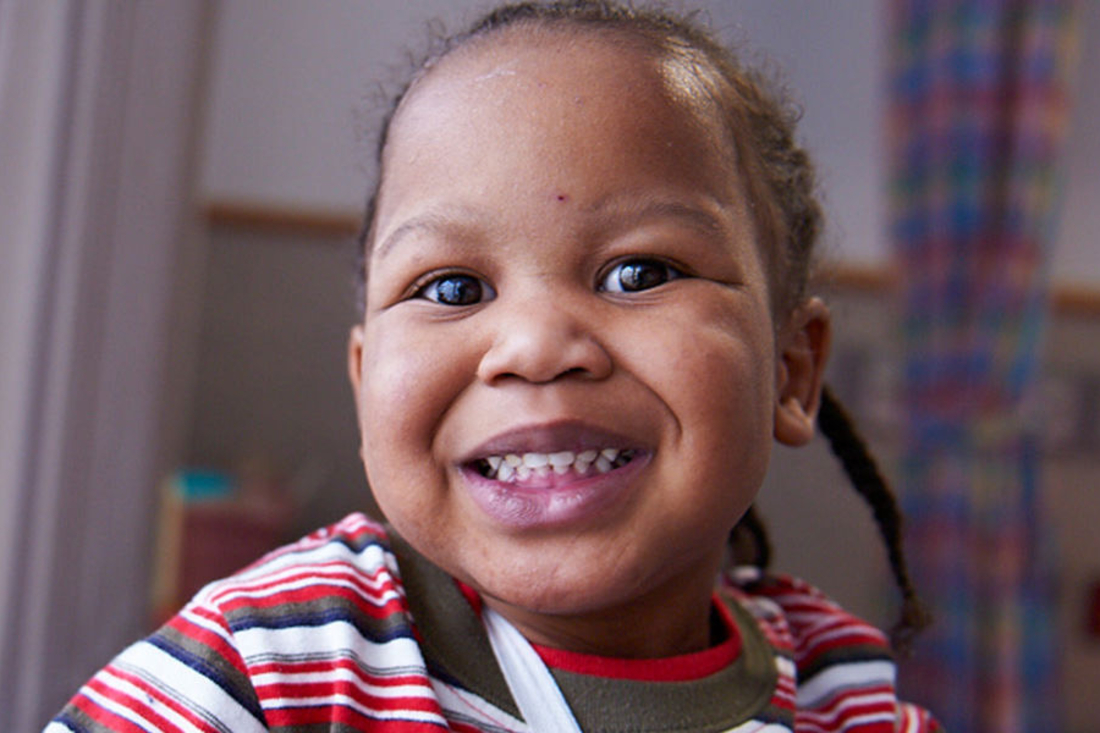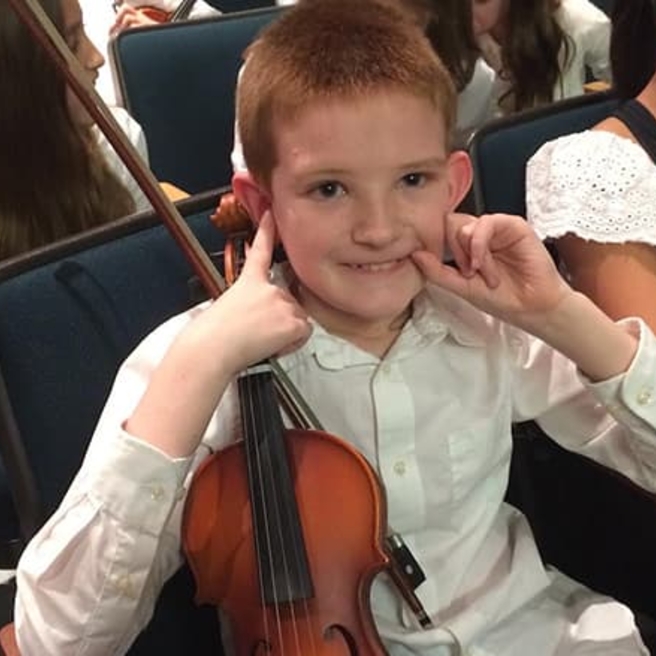Children's Interstitial and Diffuse Lung Disease Center

Kids with children's interstitial and diffuse lung disease (ChILD) have a special place where they are cared for by expert, experienced pulmonologists: the Children's Interstitial and Diffuse Lung Disease (ChILD) Center at Children's Hospital of Philadelphia (CHOP).
The center's pediatric pulmonologists are among the nation's leading experts in ILDs and have vast experience diagnosing and treating children with these rare and potentially life-limiting diseases.
Each child is unique and requires personalized care, from diagnosis through treatment. Our pulmonologists collaborate with other pediatric specialists from across the hospital to ensure your child receives the most comprehensive care.
We also work closely with your child's local pulmonologist so everyone is on the same page with your child's care plan.
How we serve you
Each step in the diagnosis and treatment of this complex group of some 200 rare diseases is individualized based on the underlying problems and each child’s unique condition. From personalized diagnostic testing to treating related problems, we focus on improving symptoms and quality of life for every child.
Conditions we treat
Because ILDs are rare — and the symptoms can mimic other lung conditions — it takes an experienced team to get to an accurate diagnosis, which guides the treatment decisions.

Why choose the ChILD Center
The ChILD Center is part of the Rare Lung Disease Center within the Division of Pulmonary and Sleep Medicine, which is consistently ranked among the best in the nation by U.S. News & World Report.

Meet your team
The ChILD Center houses not only pediatric pulmonologists specializing in interstitial and diffuse lung disease, but also nurse practitioners, nurses, physical therapists, a genetic counselor, a nutritionist and a social worker.

Our locations
Access Children's Interstitial and Diffuse Lung Disease Center care at our Philadelphia hospital.

Your child's appointment with the ChILD Center
Sharing your child's health information with us ahead of time will allow us to make the most of your appointment with the ChILD Center.
Your donation changes lives
A gift of any size helps us make lifesaving breakthroughs for children everywhere.


